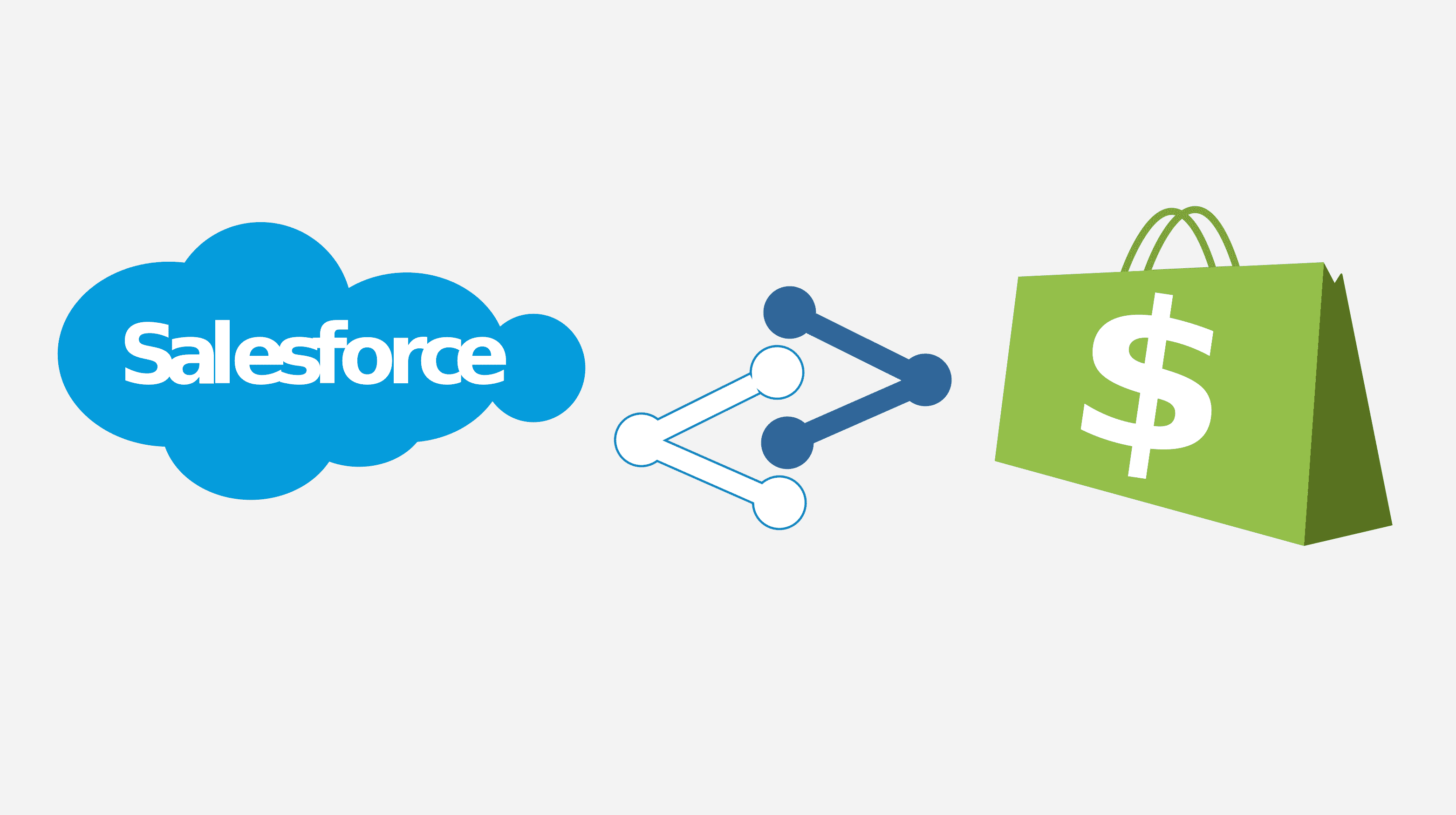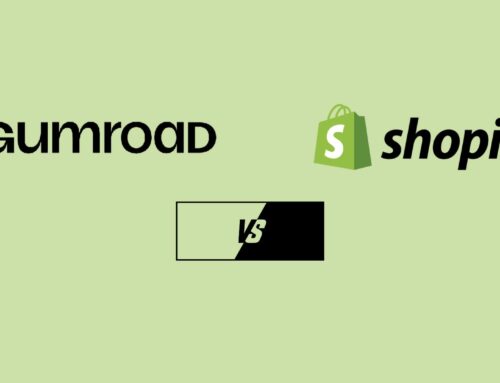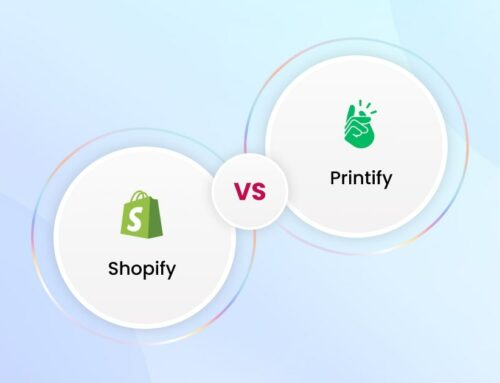In the eCommerce platform race, Demandware vs Shopify is the superior player with incredible potential. However, it is hard to decide which one will be the winner. That’s why we’re here with another post in our Shopify comparison series so you can scroll down and find the best answer!
While Shopify is described as an all-in-one solution with comprehensive and robust core functions, Demandware also left its mark in the eCommerce world with its standout visual merchandising functionality or complex omnichannel retail. If you want to find out which platform does a better job in building and developing an online store, don’t click the back button.
You may concern: Shopify vs Shopify Plus Comparison
Contents
- 1 Demandware vs Shopify: Overview
- 2 Demandware vs Shopify Comparison
- 3 Demandware vs Shopify: Which Platform You Should Choose?
- 4 Demandware vs Shopify: The Final
Demandware vs Shopify: Overview
Overview of Demandware
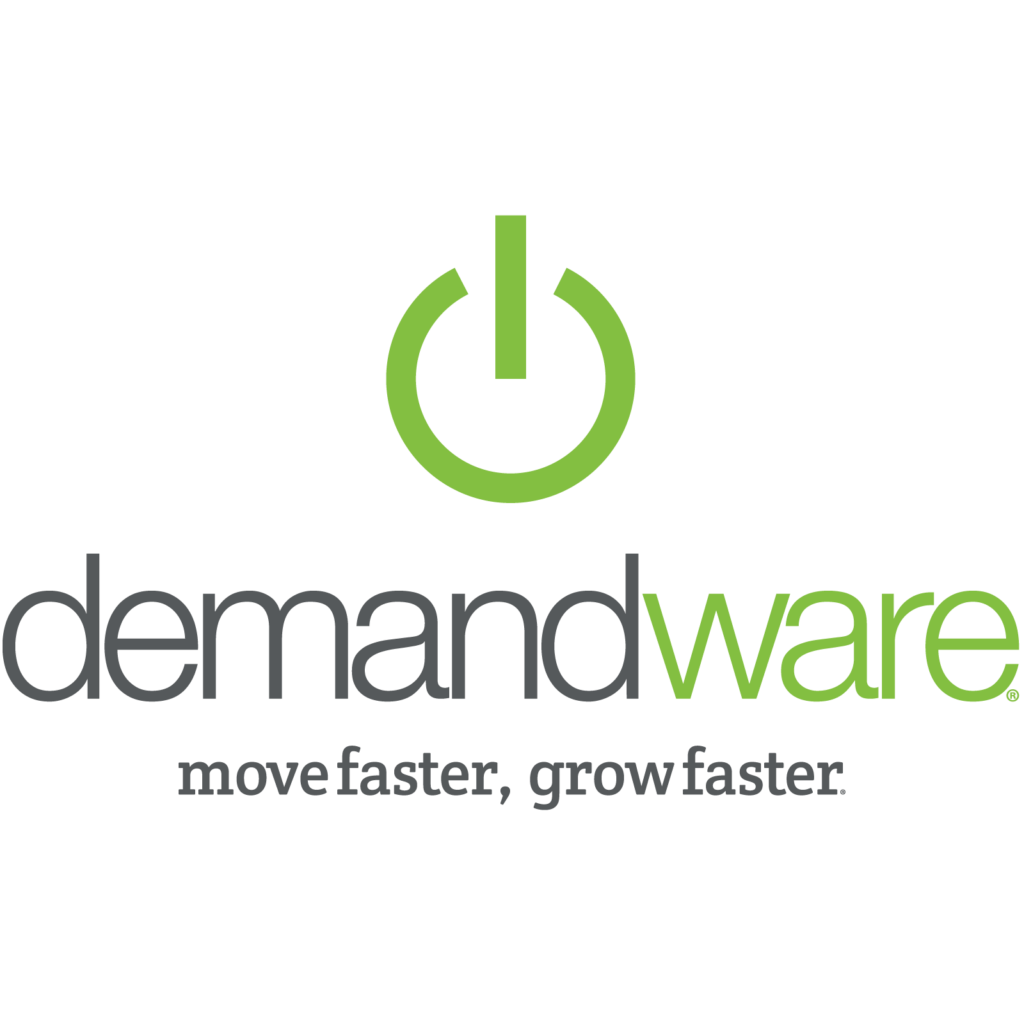
Demandware (also known as Salesforce Commerce Cloud now) is located in Burlington, Massachusetts. This software technology company aims to satisfy eCommerce merchants who require a cloud-based website. They provide a comprehensive eCommerce function system, including responsive design, product management, AI personalization, payment process optimization, and so on.
Demandware was founded in 2004 by Stephan Schambach, then was acquired by Salesforce in 2016 and renamed Salesforce Commerce Cloud. However, it seems like the old name Demandware was still known more widely, so I will call this platform Demandware in the article.
As one of the first eCommerce companies in the world, Demandware has adapted to changes in the world of CRM in order to meet the new requirements of businesses and users in general. If you choose to work with Demandware, you will have a precious chance to experience a treasure trove of features and functionality. This platform brings robust tools with various devices, channels, and locations to find effective solutions for merchants.
Do you want to know exactly the reason why Demandware is one of the most successful cloud-based eCommerce companies?
Be patient. And let’s move to the next part to find out the answer!
Overview of Shopify

Now, it is the showtime of Shopify.
Shopify was founded in 2004 by Tobias Lütke, Daniel Weinand, and Scott Lake in Canada. In the beginning, their idea was to build an online snowboarding equipment store. However, they found that the available eCommerce functions and features at that time could not meet their requirements. Therefore, Tobias made one of the most important decisions in his life – he created an open-source web application by himself, which developed as the brand name Shopify until now.
Today, Shopify, with its headquarters located in Ottawa, Canada, is known as the all-rounder eCommerce builder in the world. According to BuiltWith, Shopify supports more than 3.6 million online stores in approximately 175 countries.
This platform is an ideal choice for every level of merchants, from small businesses to large-scale companies. Shopify users can experience comprehensive and advanced e-Commerce tools, with a wide range of different integrations in every field. Even if you have no knowledge about technology, you can easily get the ball rolling with Shopify.
With this platform, everything gets ready at all times. Building and developing an online store is no longer a matter for you!
You might be curious about: Samcart vs Shopify – Must Read For Your Decision
Demandware vs Shopify Comparison
Demandware vs Shopify: User-friendly
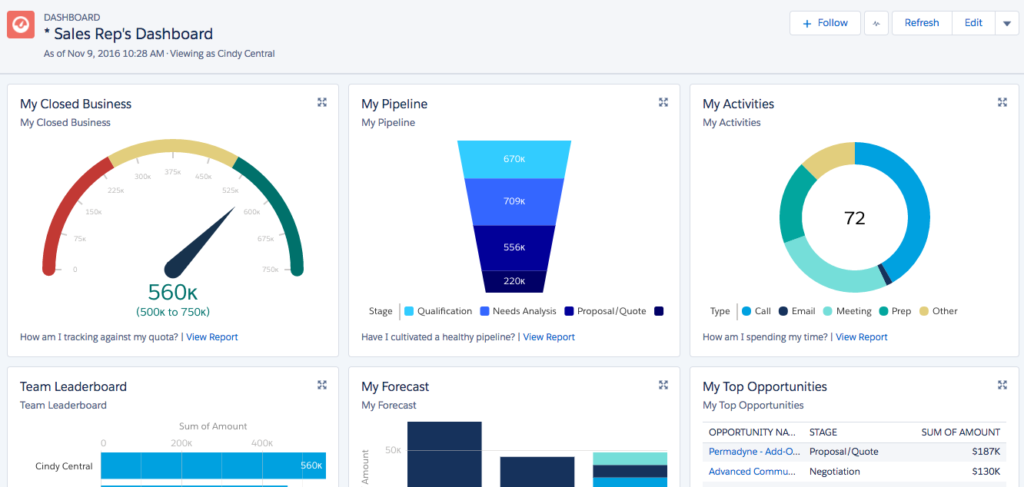
Demandware is considered an easy-to-use platform. Some Demandware users commented that the learning curve is not very difficult, and it seems like learning an app with numerous functions. In addition, Demandware has put endless effort into simplifying the learning process. We highly recommend its own Salesforce training program called Trailhead. Trailhead aims to support all Demandware users with different SF training paths for different user purposes.
When it comes to the excellent features and tools of Demandware (which we will discuss deeply in the next sections), it is believed that your time and effort to learn and use Demandware effectively will help you gain a lot of benefits.
In this battle, the other platform – Shopify also does a great job. Shopify is famous for its user-friendly features, even the novice. When choosing Shopify, you will enjoy the great help from the platform to build a full-featured online store from the ground up. Everything is available to use, from product management, web design, add-ons, payment processes, inventory management, and so on.
For me, there is nothing to complain about Shopify in terms of ease of use.
Demandware vs Shopify: Basic Features
POS and Omnichannel
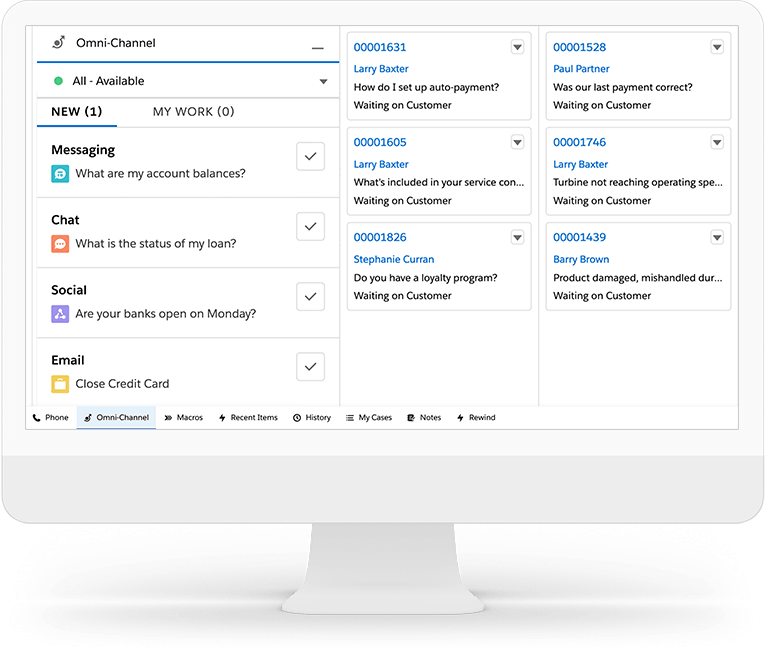
One of the most remarkable features of Demandware is Omnichannel. This eCommerce platform enables businesses to sell their products seamlessly across multiple platforms.
As a store owner of Demandware, you can combine online and offline retail. It means that you can put POS hardware and eCommerce functions ( for example, complex order management, inventory allocation, and so on) together. For major brand retail clients, it is one of the biggest advantages of Demandware. Some big brands that are using Salesforce are Adidas, American Golf, Converse, L’Oreal, etc. You can interact with your customers in your brick-and-mortar store while inventory management can be linked through a mobile device like tablets.
Shopify also provides a POS system (with Shopify Plus). You can manage orders on the Shopify Admin Panel, yet manage fulfillment and warehouse through a third-party ERP or WMS partner for large-scale stores. The famous partners of Shopify are Emma Bridgewater, Kylie Cosmetics, Radio Shack, The New York Times, and so on.
✨✨✨ Check out Shopify Point of Sale with Free Trial
Payment methods
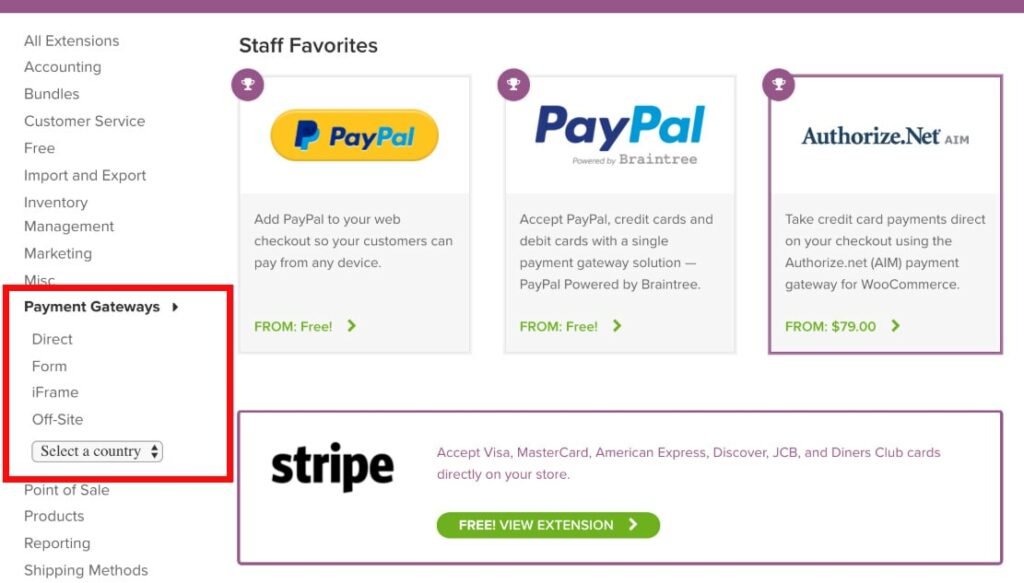
Concerning the payment methods, Shopify has the edge over Demandware.
Demandware allows users to configure with Payflow Pro, Authorize.net, CyberSource, and Payeezy for free. However, if you want to use other payment gateways, you have to install them from the app store. Just a note that almost all of the payment processing apps are not free.
Whilst, Shopify now is working with more than 100 payment providers in the world, including the most common ones like Paypal, Google Pay, Authorize.net, Stripe, and so on. This feature makes sure that whatever country you are in, you can find suitable payment gateways. Along with that, Shopify also had its built-in payment gateway- Shopify Payment.
Shopify Payment Gateway – Which Is Your Wise Choice To Improve Customer Experience
Therefore, when put in comparison with Shopify, I suggest that Demandware should improve its payment process to bring a better user experience.
Shipping
It is very critical for an eCommerce platform to offer an effective automatic shipping calculator. Any errors in shipping charges can lead to great losses. Therefore, make sure that you set suitable shipping methods and rates for your customers.
Demandware provides great help with automatic real-time shipping processors. With excellent shippers like UPS, Canada Post, FedEx, etc. you will be satisfied with the way they operate. You can set a shipping processor for your whole store or for a specific catalog. Demandware tries to optimize the shipping costs when your customers are in different countries.
And the same with Shopify. With various app stores, you can find different third-party tools to get hold of shipping charge calculations. You need to set up the metrics one time, and then everything will go automatically and flawlessly.
Demandware vs Shopify: Design Flexibility
Speaking frankly, Demandware doesn’t have too many built-in themes. When going to Themes and Branding, you can see just 7 available themes. Almost all of them, that come from Lightning, are mobile-friendly and suitable for the majority of different websites. In addition, all built-in themes of this platform are free. On the other hand, Demandware enables you to create up to 300 custom themes.
When it comes to website design, Shopify is the winner. Shopify has a powerful library of themes with 150+ modern, beautiful, and responsive themes (both free themes and premium themes).
They are divided into different categories based on various industries such as furniture, home & garden, food & drink, electronics, etc. The price range of premium themes is from $150 to over $300. And like Demandware, Shopify also allows you to create and use your own customized themes.

Check out top Shopify Website Development Services and find your needs.
Demandware vs Shopify: Add-on Integration
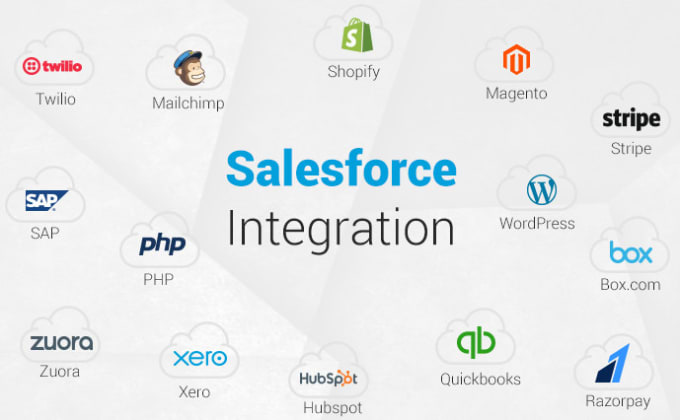
It is not easy to build an online store from scratch. Although both two platforms provide the basic and necessary features, you still need a great help from a wide range of different integrations. And now let’s see what Demandware and Shopify would bring.
Demandware encourages users to integrate common third parties like G Suite, MailChimp, Dropbox, ActiveCampaign, and so on. These integrations will be powerful tools to push marketing, sales, productivity, etc. of your store.
Salesforce Commerce Cloud has a service called Link Marketplace, which provides numerous modules from third parties. There are more than 280 partners that are grouped into Technology (integrations) and Services (marketing). Here, you can find various add-ons to boost your website, for example, Worldpay for payment providers, Yotpo for marketing, UPS for shipping, etc.
Shopify has made a good impression on me because of its Shopify App Store. This store offers more than 3100 apps, with half of them being free, and the other half coming at different prices. There is no doubt that Shopify deserves its second rank in the eCommerce market when it simplifies everything perfectly. Within a few clicks, you can add an add-on to your store without any technical problems.
In addition, both Demandware and Shopify allow users to use their own plugins through API.
Demandware vs Shopify: Performance
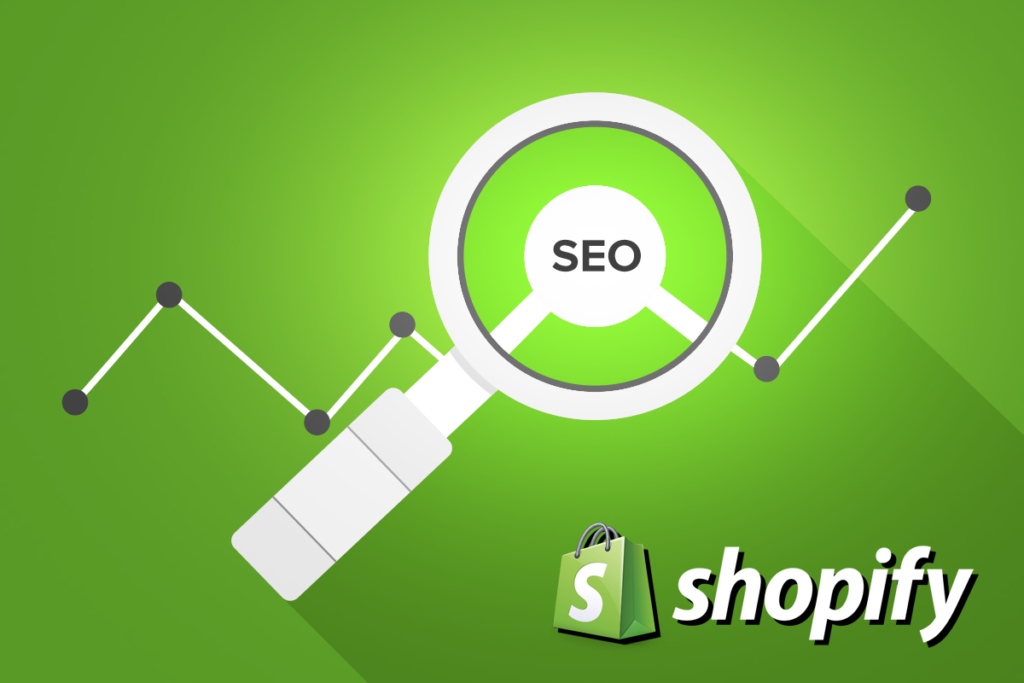
When you run an online store, it is essential to consider SEO factors (Search Engine Optimization). Only when your products appear in the first results and in front of consumers’ eyes does your store have a chance to boost the total revenues.
Demandware offers Commerce Cloud Search Engine Optimization (SEO) Tools to optimize the basic SEO factors. For example, you can create SEO-friendly customized URLs (usually with keywords), tags, meta descriptions, URL mapping, etc. If you are an SEO expert, you might be satisfied with the advanced features of this tool such as a broken URL analyzer, optimized images with Digital Imaging Service (DIS), customizable 404 pages, and so on. Although you still have to deal with SEO issues like dynamic page handling, Demandware has tried to help merchants benefit from SEO.
For those who are looking for some of the Best Shopify Image Resizer
Shopify, by default, provides a primary SEO optimization with fundamental features like page titles, meta descriptions, sitemap.xml, alt text, etc. Along with this, Shopify also helps you fix 301 redirect problems. When you change a URL, you need to let Google, as well as other search engines, know and update. And Shopify finishes this task automatically.
If you are searching for more advanced functions, you can work with numerous SEO apps in the Shopify app store. Some apps like SEO Rank Booster, SEO Doctor, etc… will play an essential role in getting your store ranking up.
Demandware vs Shopify: Customer Support
In the sense of customer support, it can be said that Shopify holds its edge over Demandware.
You can contact Demandware through live chat, form, email, and phone number. However, according to reviews on Trustpilot, customers usually get slow responses, and sometimes the customer support staff shows bad behavior. I hope that Demandware will take this problem into consideration and improve the service in the near future.
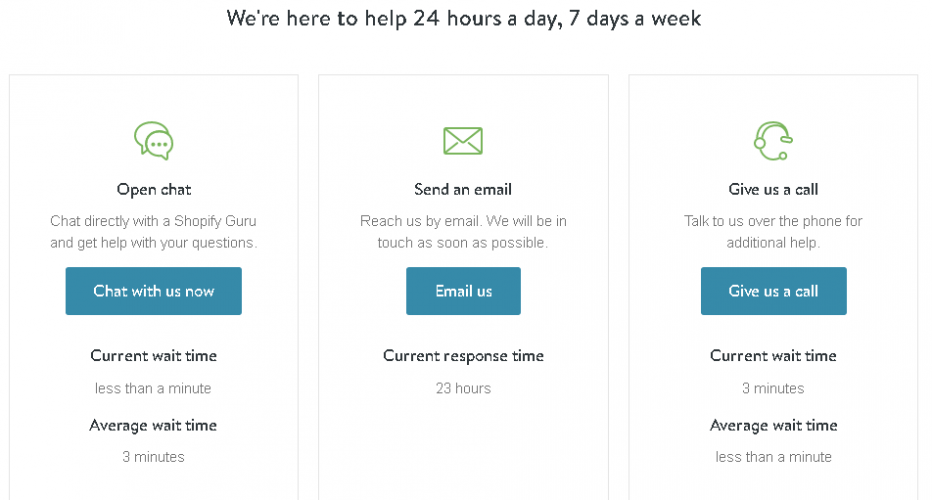
Shopify eCommerce platform provides live chat, 24/7 chat, email, phone, and a knowledge center. Besides, they always respond to customers quickly and dedicatedly. Also, you can join a program called Shopify Experts, where you will have a chance to work with skilled professionals in the eCommerce world.
Demandware vs Shopify: Pricing Plans
And the last criterion and also one of the most important ones – is pricing plans.
Demandware has many different pricing plans for you to choose from. In terms of fields, it has 4 options: Sales, Service, Marketing, and Work.com. Normally, each option has 4 plans with different pricing. In addition, Demandware also offers other plans for different purposes and targets, such as small businesses, platforms, analytics, etc.
Therefore, we cannot tell an accurate number about the pricing of Salesforce. However, this platform applied a “Shared Success” model, which means that the higher your revenue is, the higher your cost is. For example, if you earn $20 million each year, you might pay about $350,000 – $600,000 for annual licensing fees. Besides, keep in mind that the additional services also might require a large amount of money.
However, every pricing plan of Demandware applies no per transaction charges.
With Shopify, you have 3 choices:
- Basic Shopify: $25 / monthly
- Shopify: $65 / monthly
- Advanced Shopify: $399 / monthly
A detailed review about Shopify pricing plans
If you choose an annual or biennial plan, you can enjoy a 10% discount or 20% discount respectively.
Here is the detail:
| Feature | Basic Shopify | Shopify | Advanced Shopify |
| Gift cards | ❌ | ✅ | ✅ |
| 3rd-party shipping rate | ❌ | ❌ | ✅ |
| POS | ❌ | ✅ | ✅ |
| Canceled cart recovery | ✅ | ✅ | ✅ |
| Free SSL Certificate | ✅ | ✅ | ✅ |
| Fraud Analysis | ❌ | ✅ | ✅ |
| Personal report | ❌ | ✅ | ✅ |
| Professional report | ❌ | ✅ | ✅ |
| Previous report generator | ❌ | ❌ | ✅ |
| Real-time shipping fee | ❌ | ❌ | ✅ |
| 24/7 support | ✅ | ✅ | ✅ |
| Best for | Novices | The mid-level store | The large-scale store with significant sales |
Demandware vs Shopify: Which Platform You Should Choose?
Let’s see this overall table.
| Pros | Cons | |
| Demandware |
|
|
| Shopify |
|
|
Demandware vs Shopify: The Final
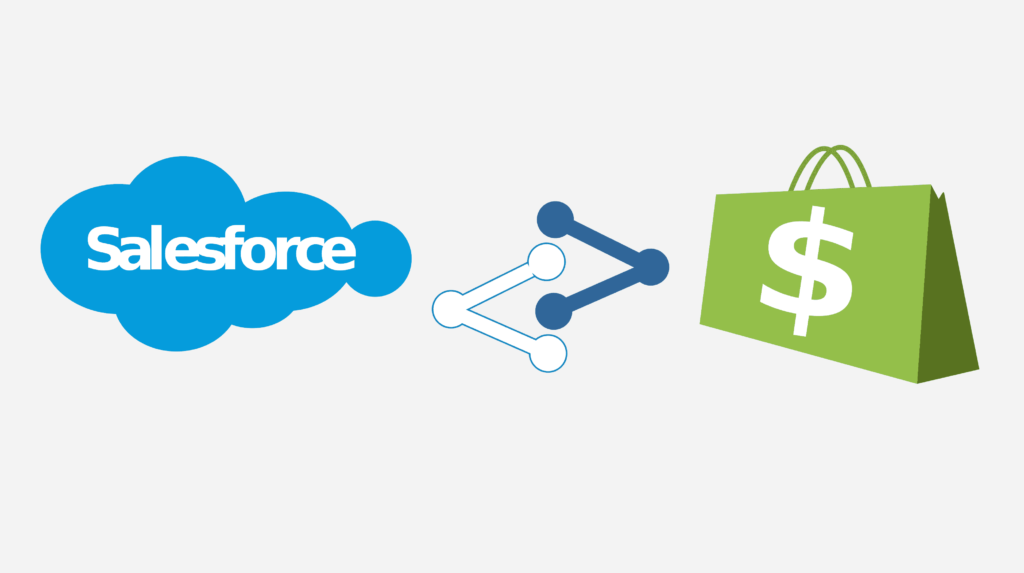
Demandware vs Shopify, which one is better? At its core, both Shopify and Demandware are excellent eCommerce builders.
However, Shopify is an ideal choice for merchants at any scale. Although Demandware is really impressive with its robust and advanced features, to be honest, its pricing is more expensive than Shopify. Because of its “Success Costs”, if your store is developing quickly with good sales, you also have to pay a large amount of money to Demandware.
If you are searching for the advanced functions of Demandware and get ready for the expensive add-ons, you should try them at least once. No one can deny the benefits of this platform. Or if you just find a comprehensive and reliable platform, Shopify should be prioritized. The decision is yours.
If you find this article useful and informative, don’t forget to share it and follow BSS Commerce Shopify for more interesting articles.
Discover other comparison posts of Shopify with other eCommerce platforms:

